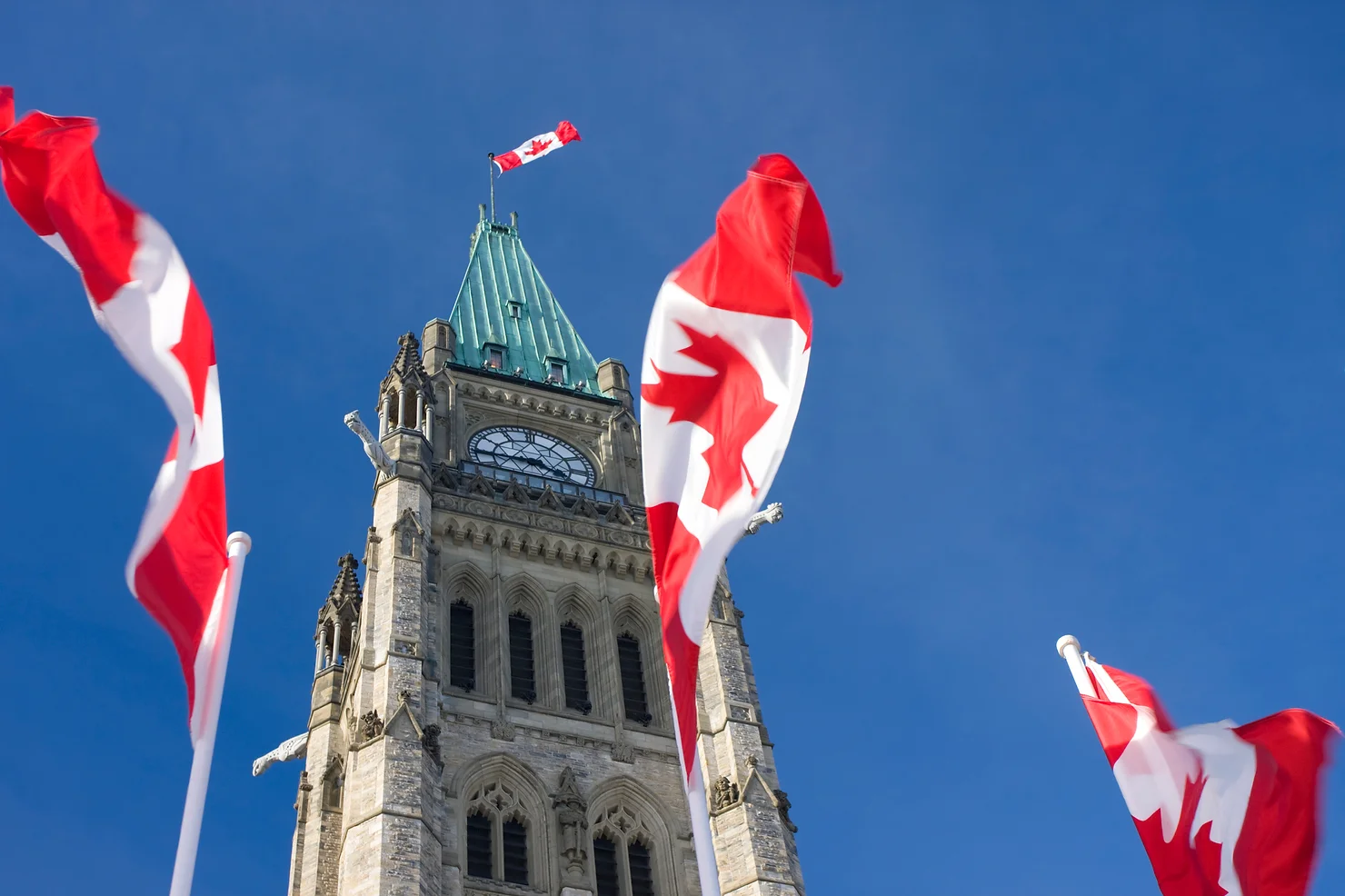Insights | Blog
Federal Government Secures Four More Bilateral Announcements
While negotiations continue in earnest between the federal government and its provincial and territorial counterparts to advance the increased Canada Health Transfer (CHT), two provinces tabled their budgets which included billions of dollars in health care commitments.
On that, and more, here’s your weekly roundup.
IN THE HOUSE
The House of Commons is on a scheduled two-week winter break. The House will resume sitting on Monday, March 6.
AT COMMITTEE
The next meeting of the Standing Committee on Health is anticipated for Tuesday, March 7.
AROUND CABINET
- Ministers Jean-Yves Duclos and Kamal Khera reiterated the federal government’s commitment to help ensure quality, safe and respectful care for seniors in long-term care homes across Canada through its support of two independent LTC standards from CSA Group and the Health Standards Organization (HSO), which provide guidance for delivering services that are safe, reliable and – most importantly – centred on residents' needs. The federal government committed over $800,000 to support the development of the standards.
- Health Minister Jean-Yves Duclos marked Nutrition Month with a statement that tied the government’s commitments on healthy eating to its efforts to implement affordability measures, most notably through its national Nutritious Food Basket and Market Basket Measure, which help Statistics Canada measure Canada’s official poverty line and are instrumental in developing targeted, means-tested affordability measures.
- Health Minister Jean-Yves Duclos and Industry Minister François-Philippe Champagne announced an investment of $10 million through Stage 1 of the integrated Canada Biomedical Research Fund (CBRF) and Biosciences Research Infrastructure Fund (BRIF) competition to support five research hubs that will strengthen Canada’s vaccine and therapeutics production.
- Mental Health and Addictions Minister Carolyn Bennett announced funding for new mental health projects aimed at youth, seniors and teachers. In total, over $8 million in investments were announced this week to support research and projects designed to prevent mental illness in the target demographics.
AROUND THE DOMINION
- The federal government continues to announce agreements in principle with provinces (and soon, territories) as it advances negotiations to fully implement the federal proposal to significantly boost health transfers. Agreements were announced this week with each of the Western Canadian provinces.
- In Manitoba, the total federal investment is $6.74 billion over 10 years, including $72 million to immediately top up the CHT and $1.22 billion for a bilateral agreement on shared priorities.
- In Saskatchewan, the total federal investment is $5.94 billion over 10 years, including $61 million to immediately top up the CHT and $1.11 billion for a bilateral agreement on shared priorities.
- In Alberta, the total federal investment is $24.18 billion over 10 years, including $233 million for an immediate CHT top-up and $2.92 billion for a bilateral agreement on shared priorities.
- In B.C., the total federal investment is $27.47 billion over 10 years, including $273 million to immediately top up the CHT and $3.32 billion for a bilateral agreement on shared priorities.
- In PEI, the federal and provincial governments announced over $48 million in funding to support the new health education building that will house the new Faculty of Medicine through UPEI, which will open to students in September 2025 under Memorial University’s accreditation before becoming a fully joint program. This is a crafty bit of electioneering by PEI Premier Dennis King who will be triggering an early election early next week. Islanders are expected to vote following a health-dominated election campaign around April 3, or just prior to the Easter weekend.
- In Alberta, Premier Danielle Smith unveiled her $68 billion pre-election budget. The budget’s proposed $24.5 billion in health expenditures account for just under 50 per cent of operational spending and over one-third of total spending. The budget promises to “transform health care” to meet Albertans’ needs by investing an additional $965 million in operating expenses for the Ministry of Health. The government is targeting ambulance response times, ER wait times, surgical backlogs and frontline worker shortages with the new spending. The Alberta NDP have been backed into a corner by the budget, calling this the “most expensive summer ever” – a seeming contradiction of its own party values and value proposition on health care (though the NDP, rather ironically, cut health spending while in office).
- In B.C., the provincial budget included $6.4 billion in new investments over three years to strengthen health care. The funding will be used to improve cancer care, build up the workforce, expand mental health and addictions services and support women’s and reproductive health by making prescribed contraceptives free to all B.C. residents.


